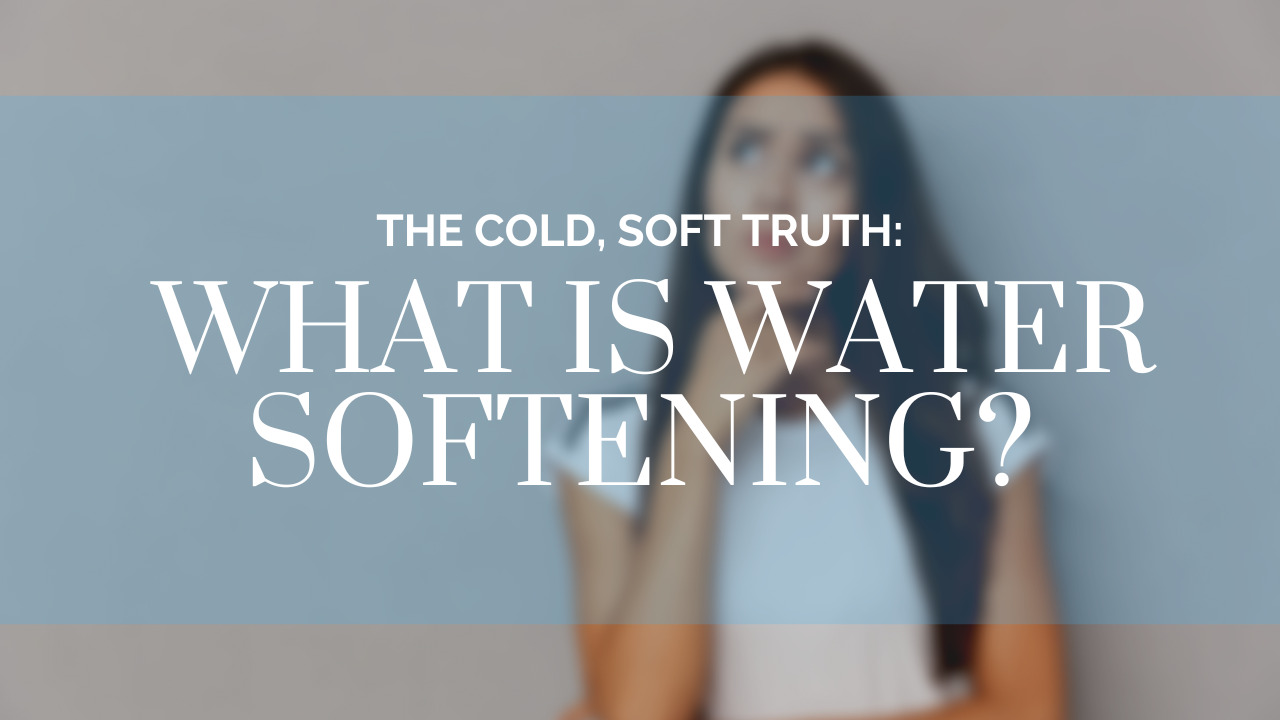According to data collected by the United States Geological Survey (USGS), the overwhelming majority of US homes have hard water. While you might think hard water isn’t that big of a deal, considering how many American homes have it, you might want to think again.
Hard water and an overabundance of minerals can cause damage to your vital home plumbing and appliances. Water softeners are an effective tool to fight hard water, but you might not know how it works.
What is water softening? Read on to learn about the advantages of a water softener for you and your family.
Table of Contents
What is Hard Water?
Hard water contains an abundance of natural minerals, often the result of its percolation through limestone. The most abundant minerals found in hard water are calcium and magnesium.
Calcium and magnesium are vital for human health, so you may wonder if water hardness is a problem. Though it is safe to drink and use for washing, this water will lead to many expensive issues like:
- Ugly bathtub stains
- Increased water bills
- Soap scum buildup
- Dry skin and flat hair
- Clogged pipes and malfunctioning water heaters
Because many American homes have hard water, it’s likely you have it and don’t know it. If you notice any of these issues, your only resolution is to install a water softener.
What is a Water Softener?
A water softener is a whole-house water filter system that works to eliminate excess calcium and magnesium from your water supply.
A potassium chloride water softener is a tank filter that takes water from your main water line and uses the science of positively and negatively charged ions to remove these minerals before the water enters your home plumbing.
Here’s how it works: All atoms carry either a positive or negative charge. Calcium and magnesium are both positively charged, and when water enters the tank, it seeps through resin beads. The resin beads contain sodium or potassium chloride ions that carry a negative charge.
Opposite ions attract, and the calcium and magnesium then cling to the resin beads and are removed from the passing water.
Benefits of Filtered Water
The main types of water softeners contain either sodium or potassium chloride resin beads. While they have their pros and cons, the result is mineral-free water.
Mineral-free or soft water has many benefits, including:
- You’ll use less soap and detergent
- You’ll lengthen the life of your appliances
- Clean-up is easier
- Fewer water spots on glasses and dishes
- Fuller hair and moisturized skin
Though there are health benefits to drinking hard water, the excess minerals give your drinking water an odd taste and filmy consistency. Filtered water improves the appearance and taste of your water!
What is Water Softening?
What is water softening? It’s a filtration process that removes the excess minerals found in hard water. Many American homes have it, so it’s likely you do too.
Though hard water isn’t a crisis, it can lead to many personal and costly inconveniences. One of the best investments you can make for your home is a water softener. Once you install, you’ll see the difference.
Do you need more home improvement advice? Check out the rest of our page.





